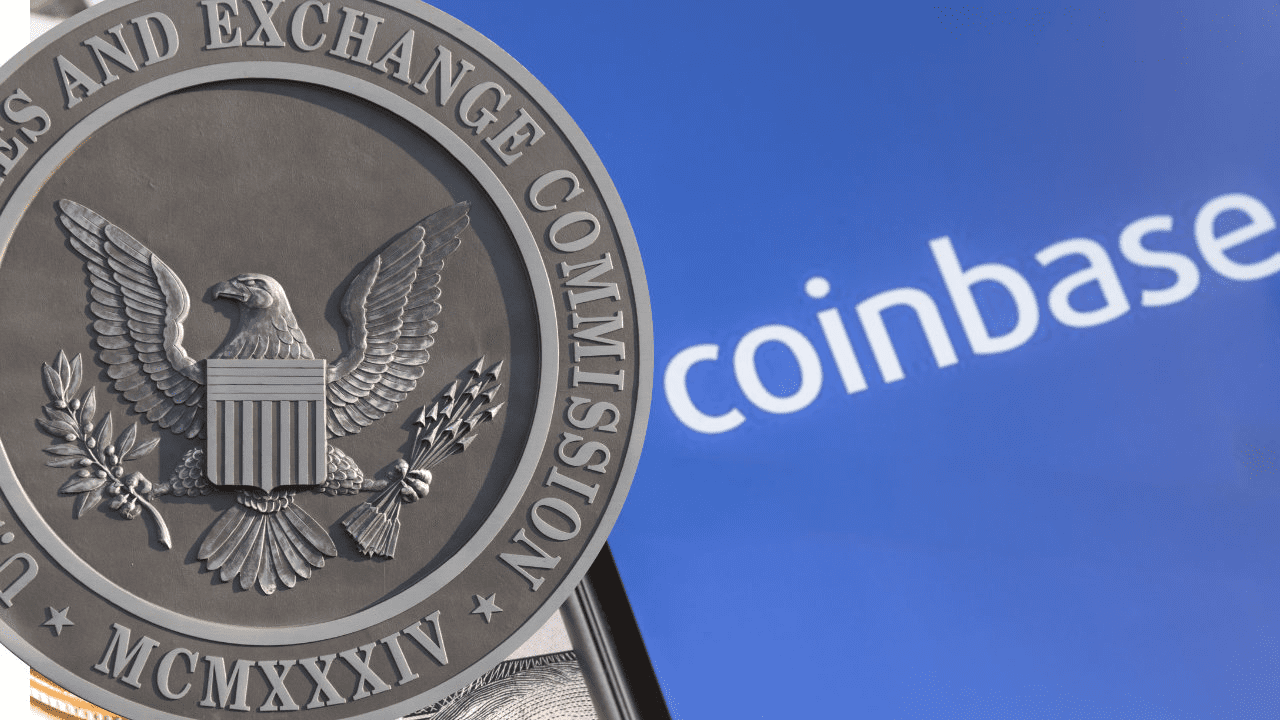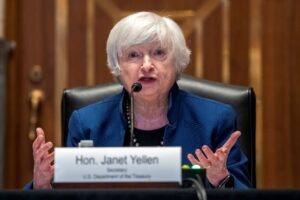[ad_1]
In the continued authorized battle between Coinbase and the Securities and Exchange Commission (SEC), Coinbase CLO Paul Grewal has expressed his views on the latest ruling issued by a federal choose. He acknowledged that the default judgment within the Coinbase vs SEC lawsuit doesn’t maintain important worth. Grewal’s feedback got here in response to the newest listening to within the case, which revolves round allegations of insider buying and selling involving a former Coinbase worker, Ishan Wahi, and his associates.
Coinbase CLO Reflects On Friday’s Court Ruling
Grewal mirrored on the default judgment, emphasizing the inherent imbalance in such proceedings. Furthermore, he argued that default judgments aren’t contested, as they happen when the defendant fails to seem in courtroom to contest the allegations. In this case, Coinbase CLO identified that the choose had solely the SEC’s arguments earlier than her, with no opposing viewpoint represented.
Moreover, he acknowledged that the choose was required to just accept the SEC’s allegations as true as a result of defendant’s absence. In addition, Grewal highlighted the one-sided nature of the judgement. He acknowledged, “The whole point is that the defendant didn’t show up…So the judge literally has the SEC on one side and no one on the other.”
The Coinbase CLO additional criticized the choose’s reliance solely on the SEC’s filings, noting that she didn’t take into account any amicus briefs or different papers contradicting the SEC’s arguments. In addition, Grewal underscored the restrictions of default judgments amid the Coinbase vs SEC authorized battle. He asserted that these judgments maintain little worth as precedent or persuasion in future instances. He reiterated, “They are not worth anything as precedent or persuasion.”
Also Read: Coinbase CLO Paul Grewal Lauds DoE’s Swift Rectification In EIA Bitcoin Survey Case
Latest Court Ruling On Coinbase Vs SEC Lawsuit
Meanwhile, the latest ruling on Coinbase vs SEC lawsuit has important implications for the crypto regulatory panorama. Judge Tana Lin’s determination affirmed the SEC’s jurisdiction over the matter, asserting that the crypto belongings in query have been certainly securities, regardless of being traded on Coinbase, which is a secondary market. This ruling aligns with SEC Chair Gary Gensler’s stance on crypto regulation, additional solidifying the SEC’s authority over the business.
The authorized debate over the classification of cryptocurrencies has been ongoing for the reason that inception of Bitcoin (BTC) and Ethereum (ETH). Regulators have wrestled with the way to categorize digital belongings, with Bitcoin being declared a commodity by the Commodity Futures Trading Commission in 2015. However, different cryptocurrencies stay in a regulatory grey space.
Exchanges like Coinbase have operated below authorized uncertainty, dealing with enforcement actions from the SEC for allegedly promoting unregistered securities. The SEC’s pursuit of enforcement actions in opposition to crypto corporations, together with high-profile instances in opposition to Ripple and Binance, displays its efforts to increase its jurisdiction over the crypto market. However, federal judges have taken differing stances on the securities query, additional complicating the regulatory panorama.
Also Read: Cathie Wood’s Ark Invest Offloads $52 Mln Coinbase & Robinhood Shares In A Week
The introduced content material could embrace the private opinion of the writer and is topic to market situation. Do your market analysis earlier than investing in cryptocurrencies. The writer or the publication doesn’t maintain any duty to your private monetary loss.
[ad_2]
Source link




✓ Share: